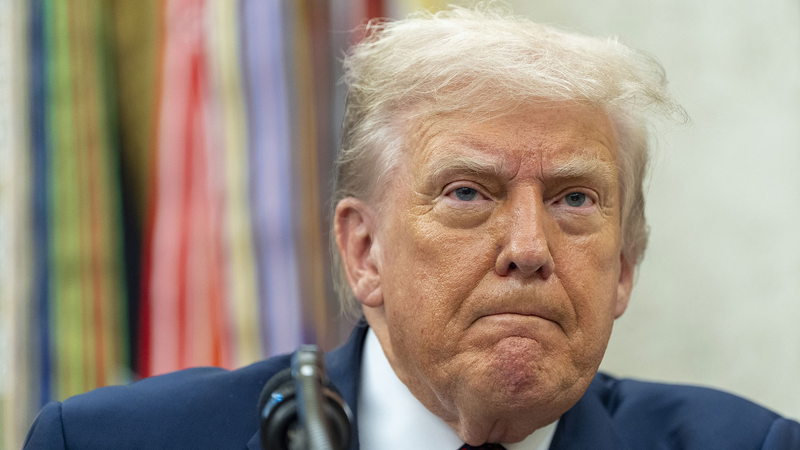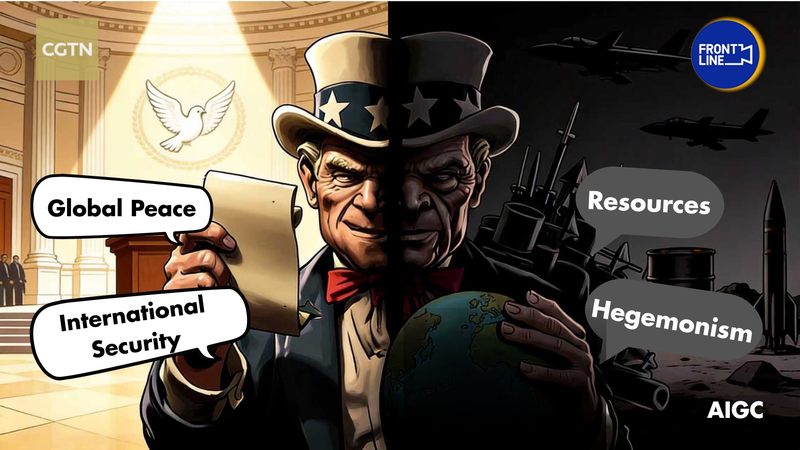When U.S. President Donald Trump announced a possible 100% tariff on computer chips made abroad, the news sent shockwaves through Silicon Valley and beyond. 🤯
For giants like Intel and Nvidia, the announcement was like rocket fuel, sending stocks soaring. Yet for smaller firms and startups, the lack of official guidance has been a headache. Limor Fried, founder and engineer at Adafruit Industries in New York, explains: “We are still waiting for official guidance.”
Adafruit relies on chips supplied through U.S. distributors and directly from companies in the Philippines and the Taiwan region. If these components aren’t exempt, production costs could skyrocket, since semiconductors are often the priciest part of modern electronics. 📈
Investors see a silver lining: by favoring chipmakers that build in the U.S., companies like Samsung and Taiwan Semiconductor Manufacturing Company, which are expanding stateside, stand to benefit. On the flip side, smaller European and Asian producers that power cars, appliances, and IoT devices face an uphill battle. ⚙️
Until Washington issues the official rules, businesses will continue to watch markets closely and adjust their strategies. One thing is clear: Trump’s bold move is redefining the global semiconductor landscape. 🌐
Reference(s):
Trump's planned 100% computer chip tariff sparks confusion among firms
cgtn.com




